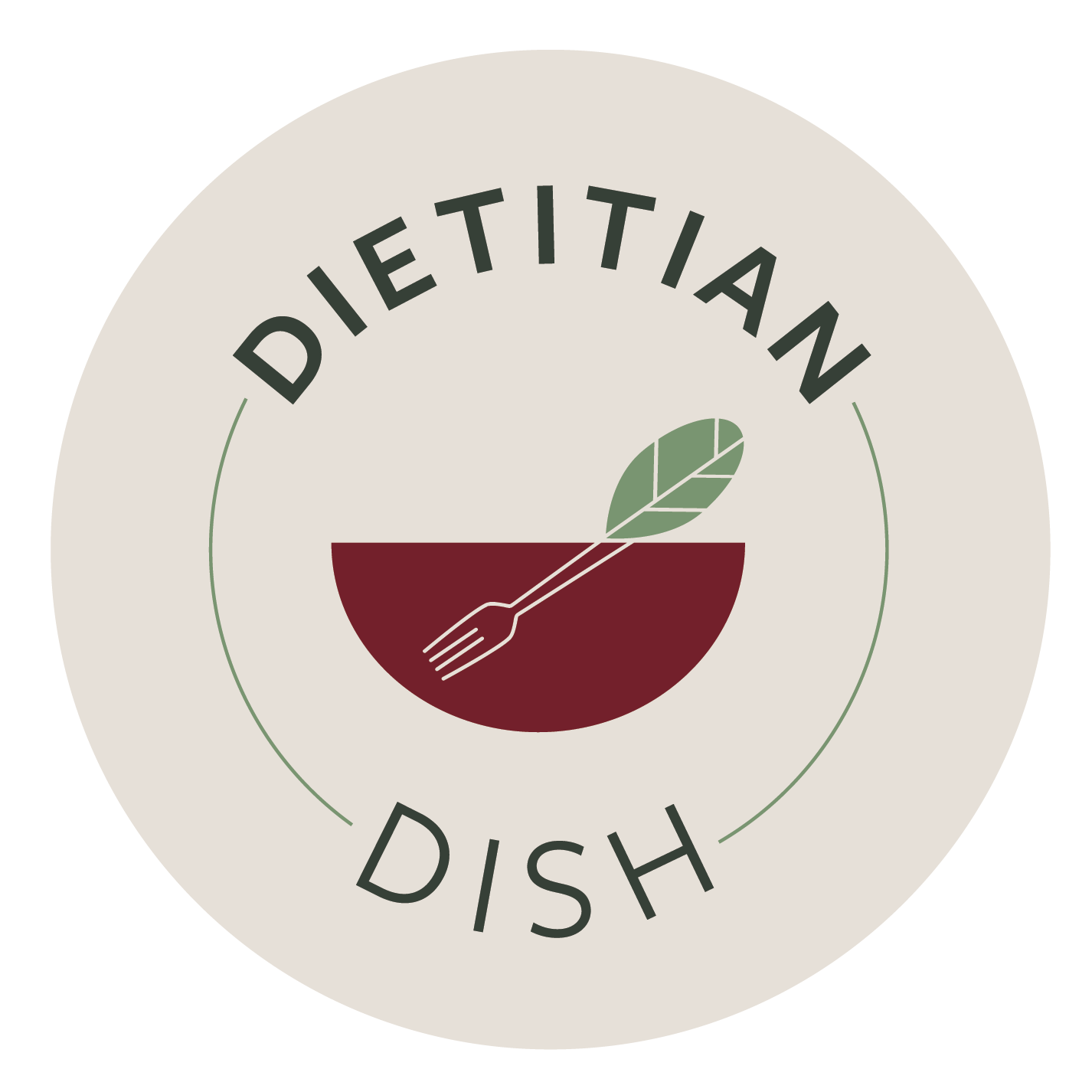Why Diets Don’t Work
I am going to flat out say it. Unless you have been advised by a medical professional such as a doctor or dietitian, going on a strict or extreme diet for weight loss will not work long-term. I am going to a guess and say, including myself, we have tried some form or piece of a diet, and let me take another guess to say that you are no longer on that diet and you are searching for the next diet hack or eating trend to lose weight.
Let me explain....
One diet I often am asked about is the keto diet. The ketogenic diet (KD) is a very high in fat (65-75% of your diet), a very low carbohydrate (<5% of your diet) and moderate in protein (15-20% of your diet) that has been used since the 1920s for the treatment of epilepsy. The diet is a medical treatment and is usually only considered in children with refractory epilepsy which is when at least two suitable medications have been tried on patients with epilepsy and did not work. Research suggests that the production of ketones may influence neurotransmitter activity in neurons allowing for a reduction in seizure attacks.
How does the diet work?
Our bodies run efficiently on glucose aka carbohydrates. They are our fuel source and give us the necessary energy we need to function on a daily basis. Our brain alone needs ~120 g of glucose a day just to function. That equates to 480 calories! When our body doesn’t get enough glucose (either because we’re cutting carbs too low, OR we haven’t eaten in too long), our body freaks out and looks for other forms of energy to satisfy that role. That’s where the fat comes in. Without carbs, our insulin levels drop and fat is released from our cells. The fat overwhelms the liver which turns it into ketones, our body’s second choice to carbs for energy. In the absence of circulating blood sugar from food, we start breaking down stored fat into molecules called ketone bodies (the process is called ketosis). Ketosis causes rapid weight loss.
This is what will initially happen if you start the keto diet…
(It is important to note that not everyone will respond to the keto diet in the same way)
You will experience rapid weight loss
Your energy levels may spike
“Keto flu” or dehydration and loss of electrolytes. When you suddenly and drastically reduce carbohydrates your body will panic. The brain’s favorite fuel source is glucose, which is most easily created from carbohydrates. In very-low-carb diets, the brain has to adjust to using ketones from digested fats for energy. To add to this discomfort, your kidneys release more electrolytes as insulin levels fall. Additionally, your total body water decreases as carbohydrates become depleted resulting in the keto flu, which could cause constipation, nausea, headache, fatigue, irritability, cramps, and other symptoms.
This is what will likely happen down the road….
Your kidneys may become stressed resulting in kidney stones.
Hypoglycemia or low blood sugar can be a result. Carbohydrates control blood sugar and when you cut them out of your diet, you will lose that control.
Muscle loss is common. This may be related to the fact that protein alone is less effective for muscle building than protein and carbohydrates together after exercise.
Social isolation is common. Going out to eat or social gathering with food will be a challenge.
Studies show participants who followed the keto diet had a higher risk of heart disease due to the amount of meat consumed.
Nutrient deficiencies: When carbohydrate intake is low, fiber consumption tends to be low, too. This doesn’t come as a surprise when carbohydrates such as fruits, whole grains, and starchy vegetables are decreased in your diet. Another possible nutrient deficiency is potassium. Potassium is a mineral important for both electrolyte balance and blood pressure control. Inadequate intake of potassium is likely when the consumption of fruits and starchy vegetables are decreased.
Bowel issues: cutting out carbs and fiber can lead to constipation. On the other hand, many people have a hard time digesting high amounts of dietary fats resulting in diarrhea.
Yo-yo dieting because the diet is difficult to maintain long term. Weight gain almost always occurs with yo-yo dieting, likely even more weight will be gained than you initially wanted to lose.
Extreme dieting is a vicious cycle and studies have shown following extreme diets cause heightened anxiety, depression, unhealthy relationships with food.
If you work with me we will be a team in creating a healthy and sustainable lifestyle that works for you!
Everybody’s day to day routine, eating habits, food preferences, family dynamics, tools/ resources, etc are different. We were all created as individuals and have different qualities that make us unique and that is why there isn’t a generic or blanket approach to a healthy lifestyle!
All foods are able to fit into your daily diet!
Here are three simple changes you can try to become a healthier you!
Instead of a full soda, sweet tea or other sugary beverage only drink half. Save the rest for another day and drink the same amount of water instead.
Instead of cutting food groups out of your diet, aim to add a fruit and vegetable at every meal.
When you are cooking at home, measure out the oil or butter you put in the pan. We often eyeball the amount and over the measure, leading to increased calorie intake.
Do you want to see a post on a specific topic or have any questions about this post? Email me at dietitiandish1@gmail.com or sign up for a free discovery call.
